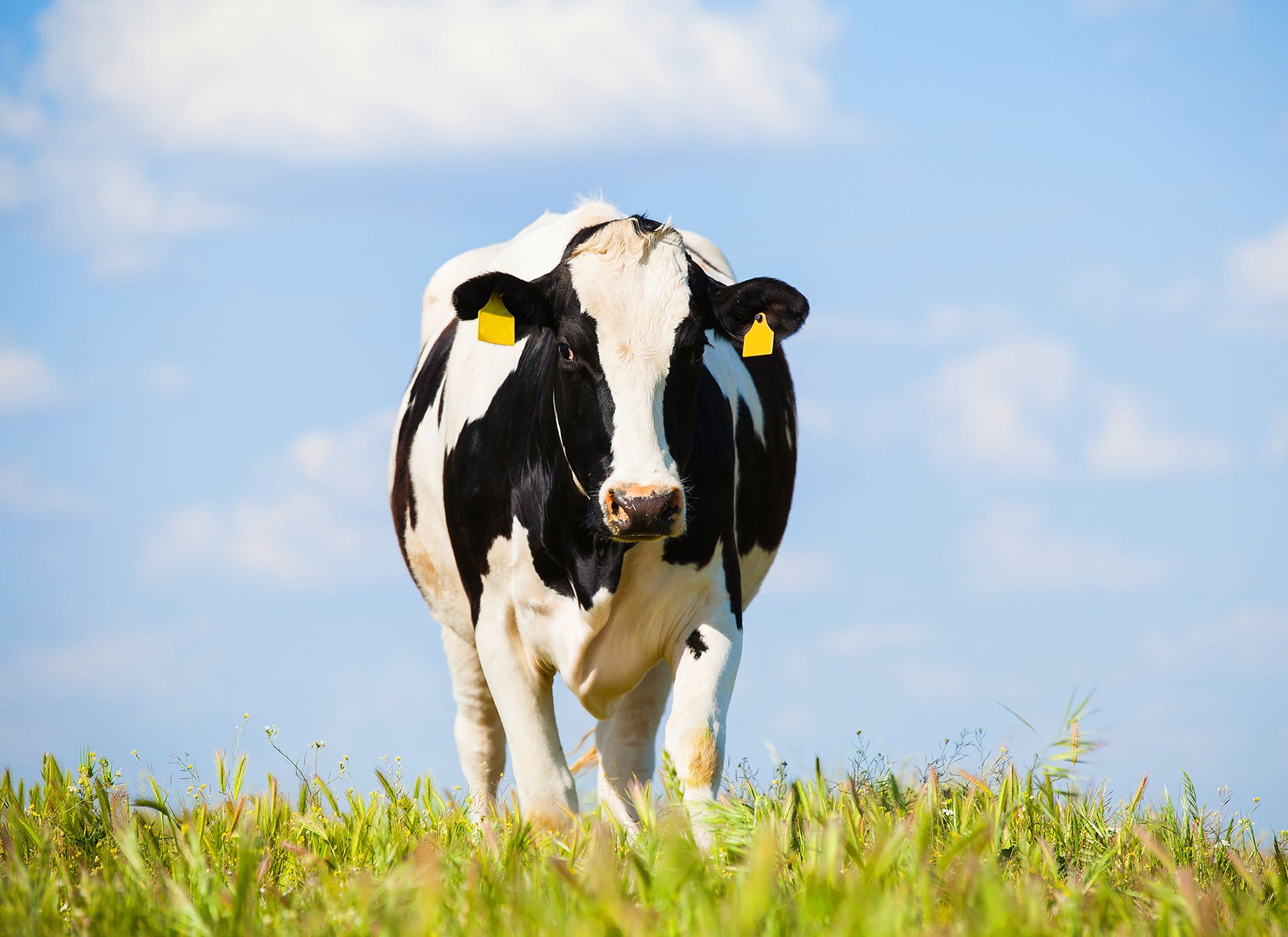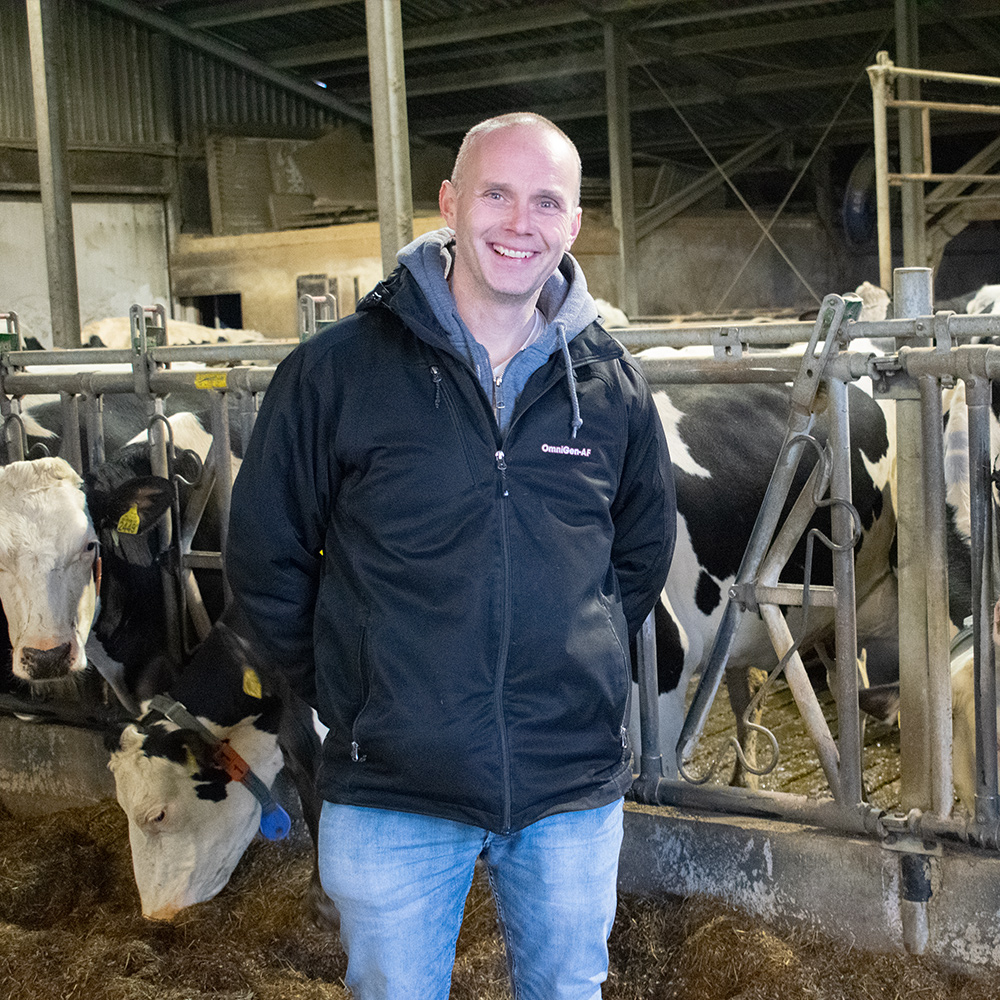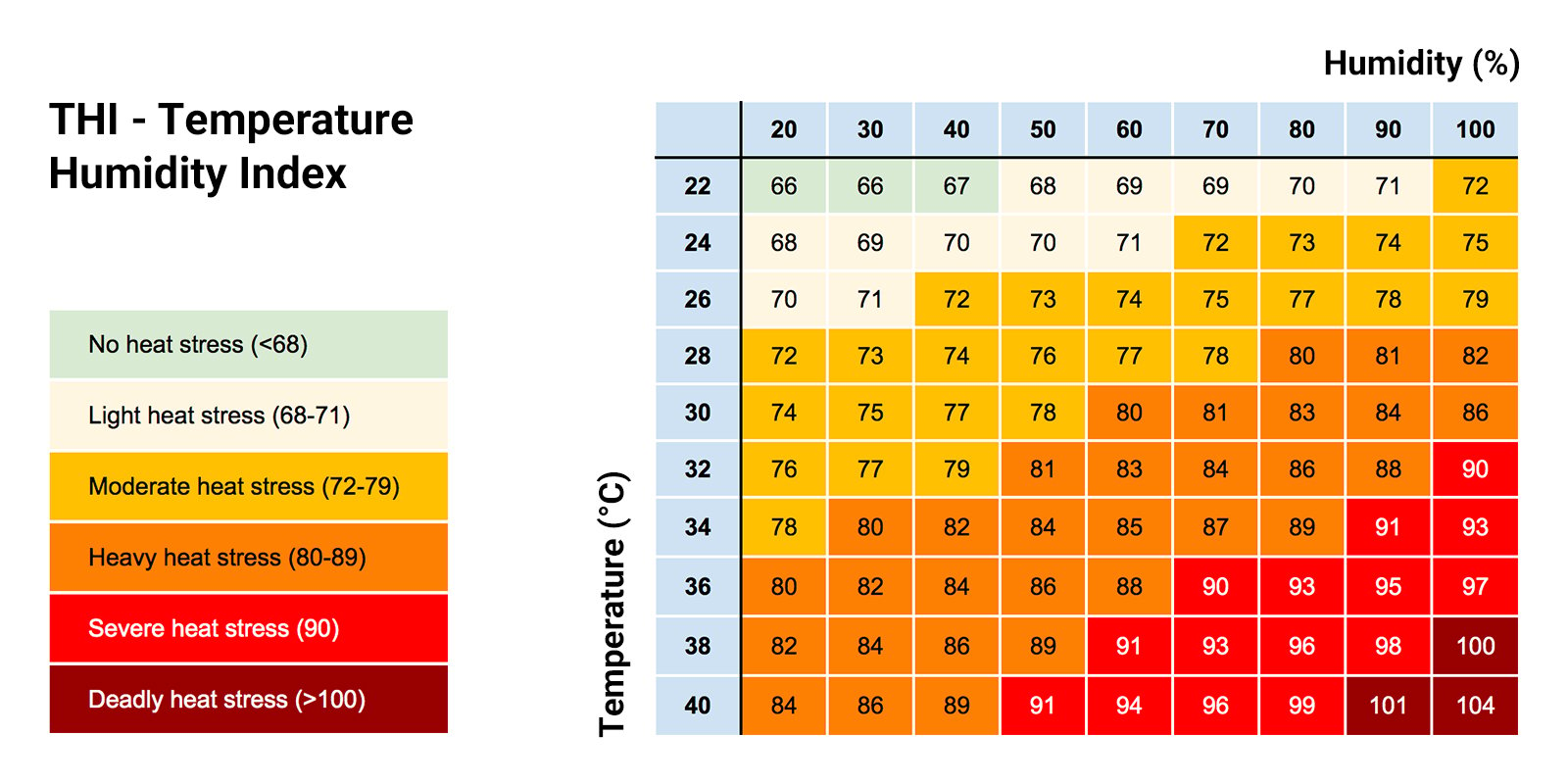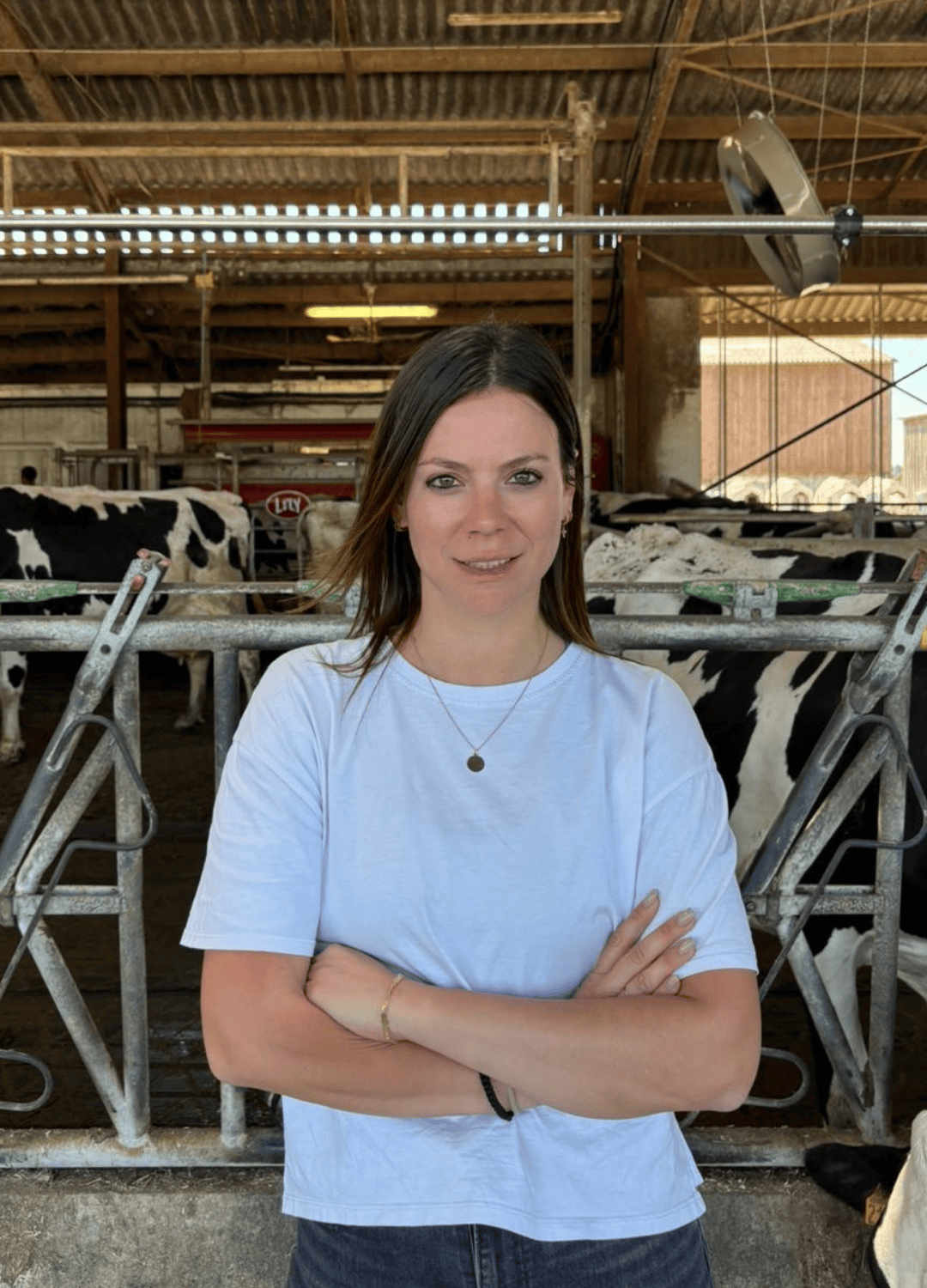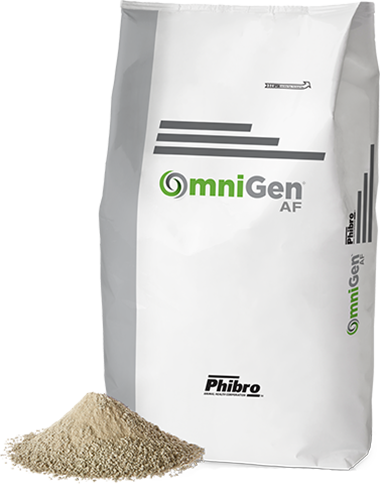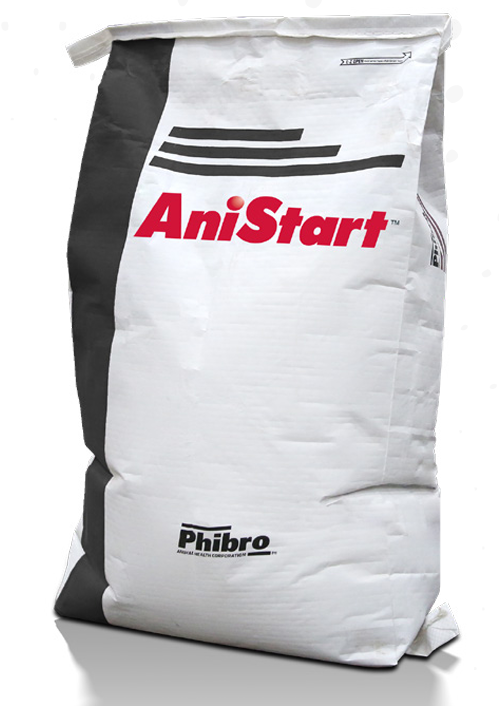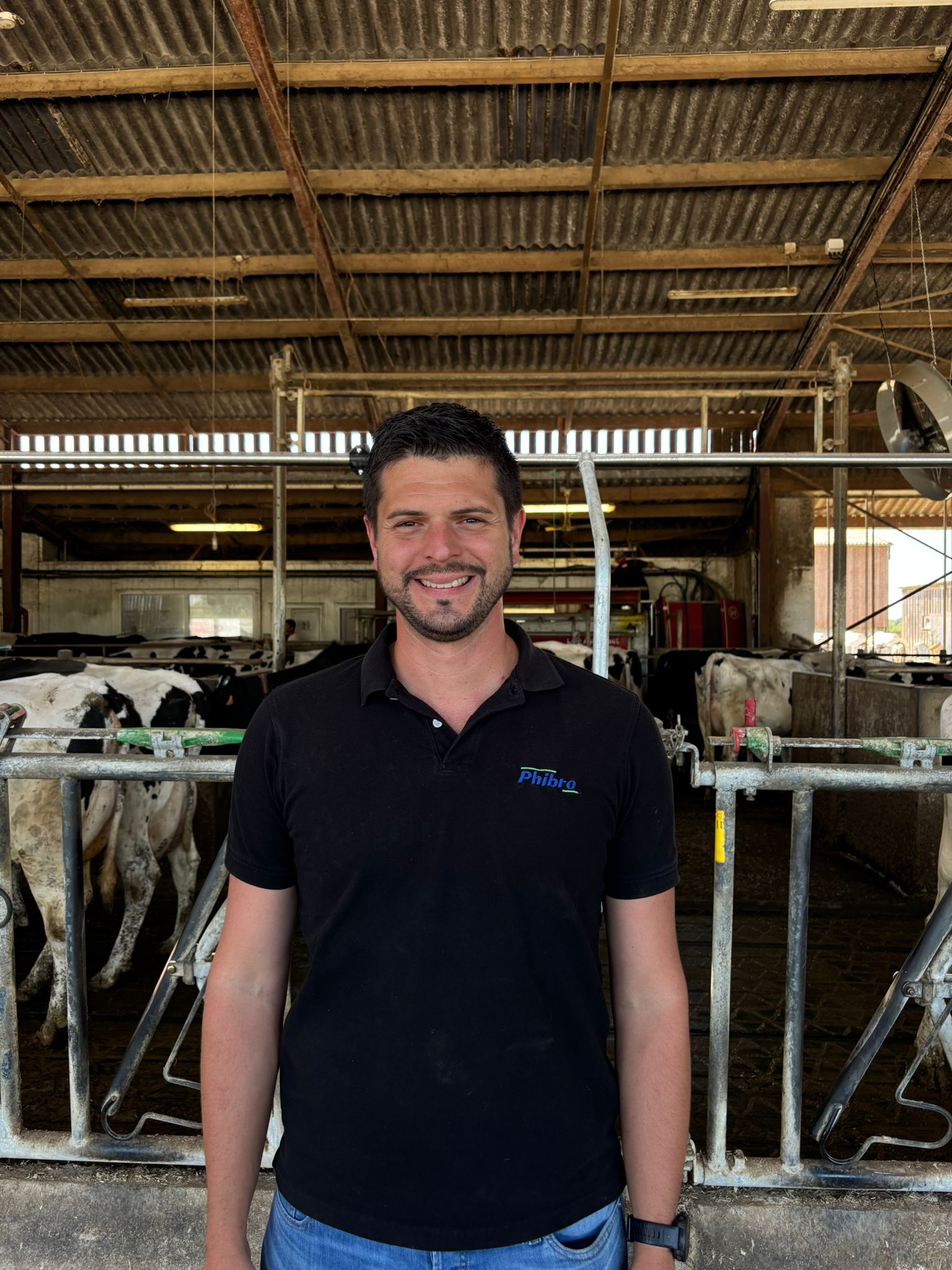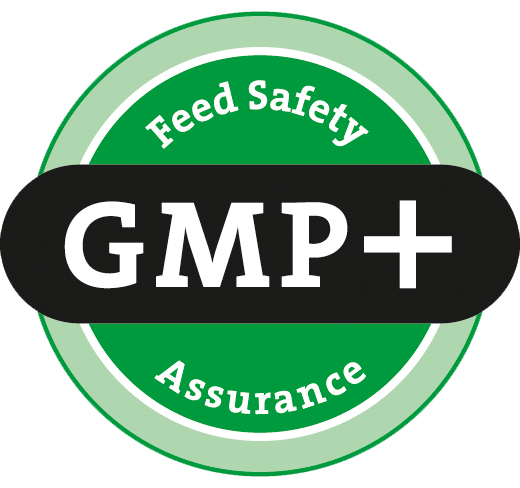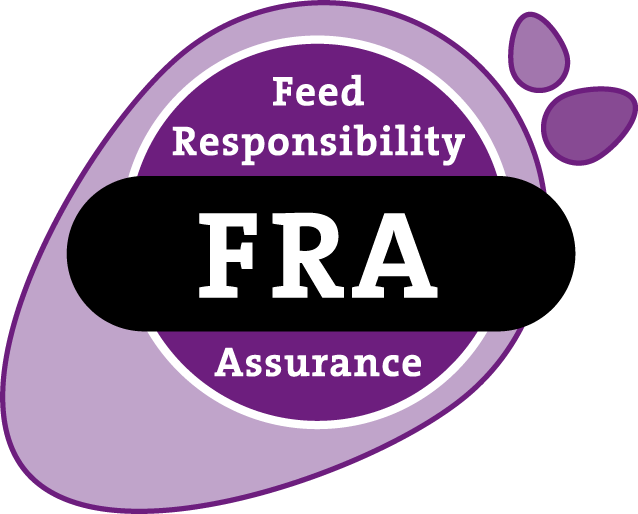Dry-off
Drying a cow off comes with a lot of changes. Milk production ceases, the animal is placed in a different social group and the composition of her ration changes. In order for the cow to be ready for its next lactation the udder must be managed appropriately in order to limit the risk of infections during the dry period.
Routine change
Every time a cow’s routine changes – either as a result of being moved from one group to another, or at spring turnout – she will experience increased levels of stress which can leave her more vulnerable to disease, especially if her immune system isn’t functioning at its optimum level.
Change of diet
It’s no secret that dairy cows need top-quality feed to produce at their optimum capability. But the transition from one ration or feedlot of silage to another can have a significant effect on their performance, with the stress of having to adapt to the new ration making them more susceptible to diseases.


